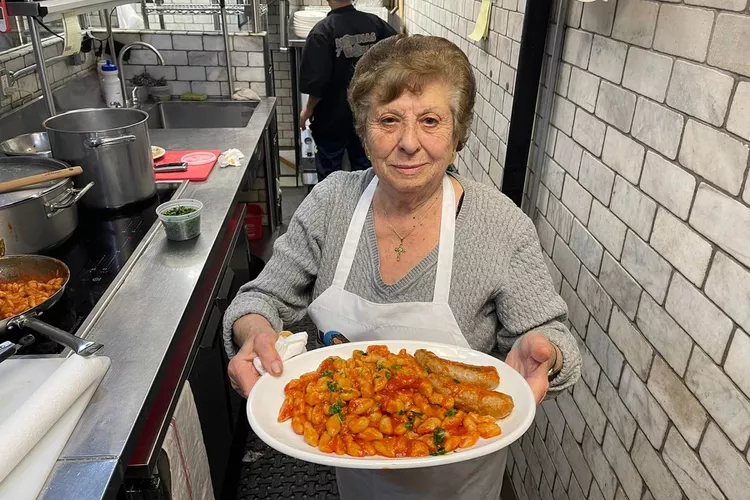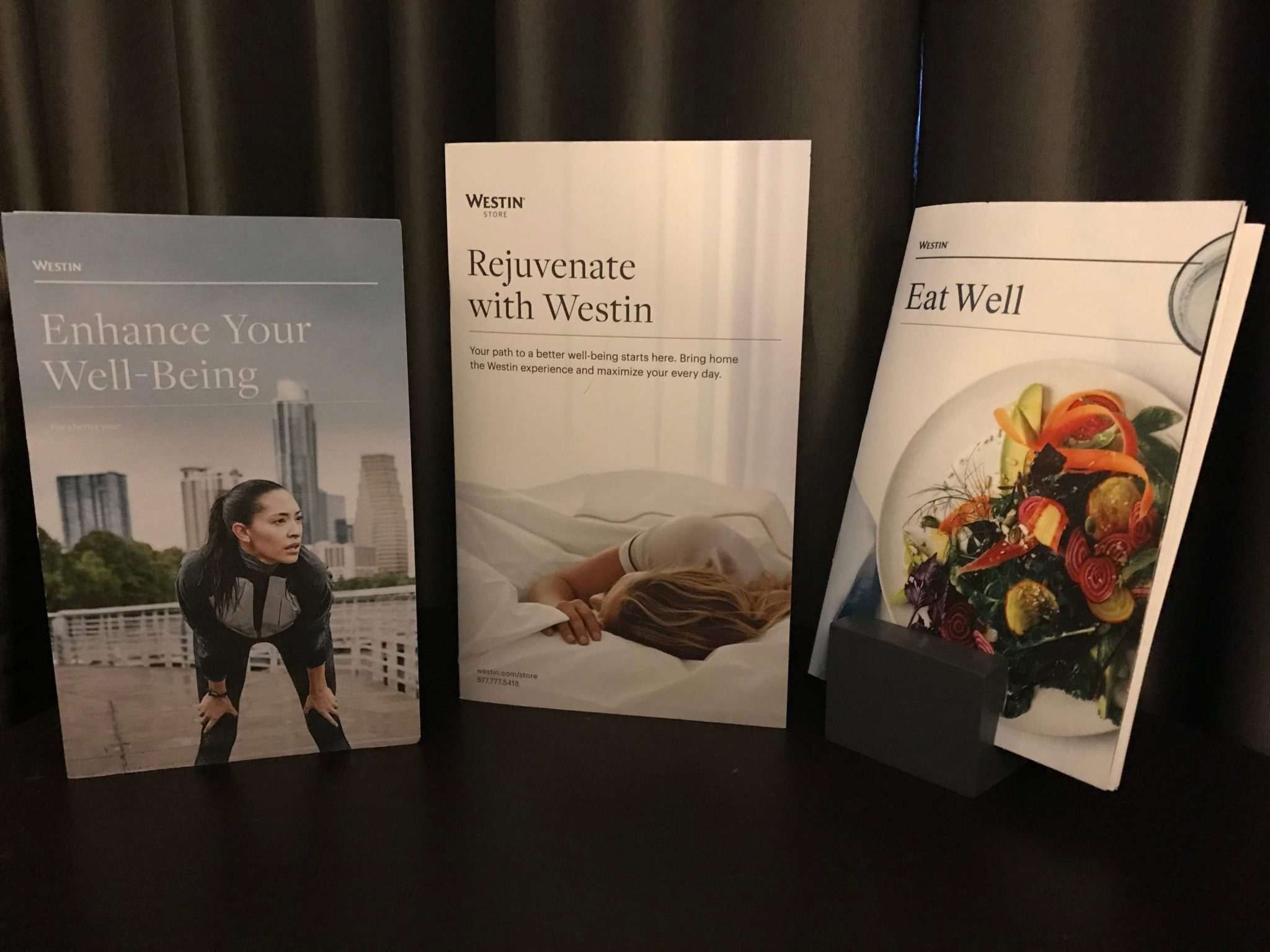Summary
Enoteca Maria: A Unique Dining Experience
At the Staten Island eatery Enoteca Maria, guests are welcomed to a delightful surprise menu crafted by a rotating roster of nonnas — Italian for grandmother — from cultures around the globe. This innovative concept has expanded from its Italian roots to include grandmothers from countries such as Japan, Peru, Sri Lanka, Uzbekistan, Egypt, and Azerbaijan, offering a taste of diverse culinary traditions.
The Mission Behind Enoteca Maria
The goal of Enoteca Maria extends beyond just serving food; it’s about evoking nostalgia and recreating memories tied to home-cooked meals. Owner Jody Scaravella, who honors his Italian heritage through this establishment, started it as a means of coping with the loss of his mother and grandmother. The restaurant not only keeps their memories alive but also fosters a sense of community among patrons who share their own familial stories about cooking.
The Cooking Experience at Enoteca Maria
Every night at Enoteca Maria is an adventure in culinary discovery. The nonnas bring their heritage and personal recipes to the kitchen, creating an eclectic dining experience that changes with each shift. The restaurant serves traditional dishes while also highlighting seasonal ingredients, all prepared with love and authenticity. For instance, Scaravella recalls a time he drove a Sri Lankan nonna to New Jersey to source specific herbs, illustrating the lengths taken to ensure that traditional recipes are honored.
Nonnas in Training: A Cross-Cultural Initiative
Enoteca Maria is evolving with the community it serves. Following the pandemic shutdown, Scaravella introduced a new initiative offering free one-on-one cooking classes where budding chefs can assist the nonnas. This program not only bridges generational gaps but also embraces cross-cultural learning, as many participants come from diverse backgrounds.
The Power of Food to Unite
Scaravella believes in the unifying power of food, stating that it transcends cultural boundaries and promotes understanding among people. By participating in the cooking process, customers engage in a unique cultural exchange. The idea is to break down barriers in a world that has been increasingly divided, fostering a sense of connection and community through the universal language of food.







